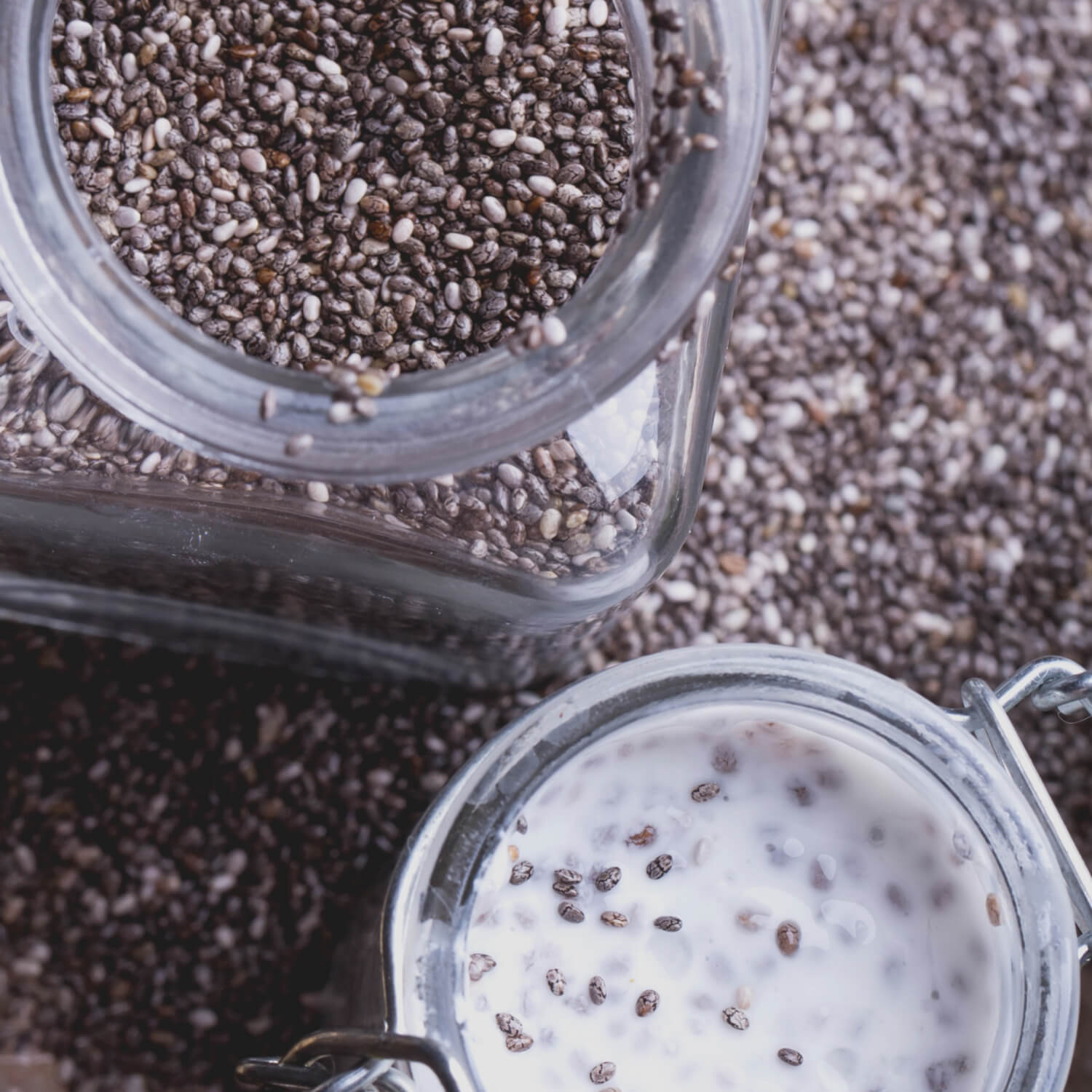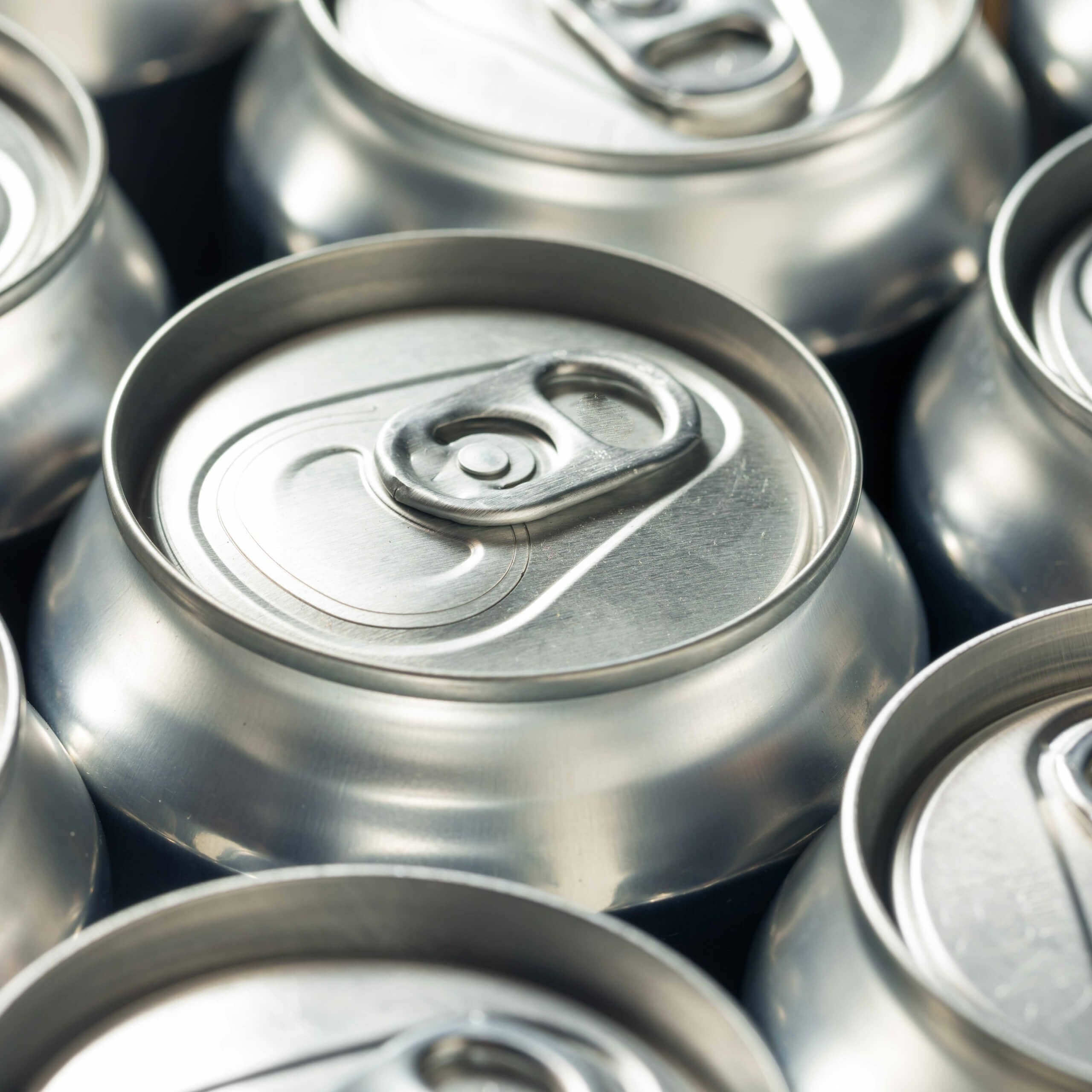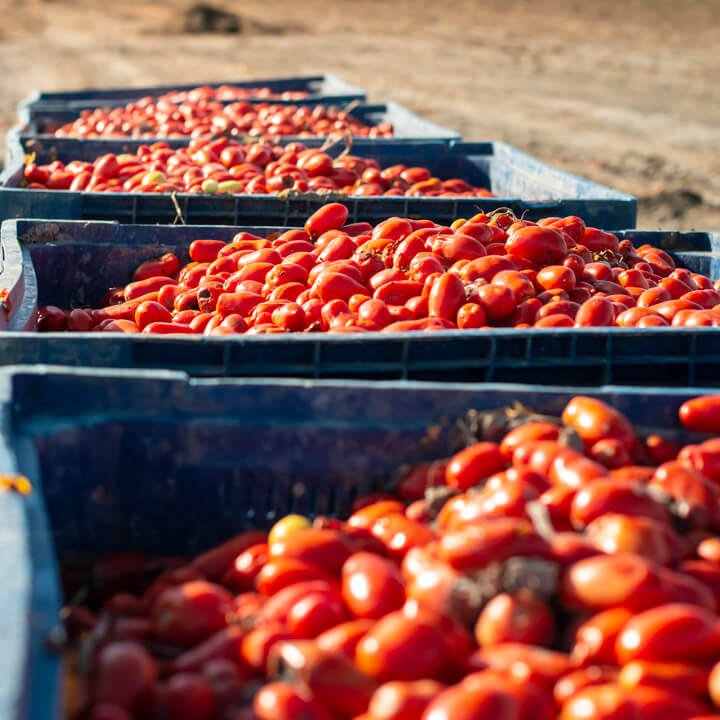Navigating new horizons: Supply chain sustainability in the food and drink industry
19th September 2024
The food and drink industry is undergoing a transformative shift as it grapples with the challenges of supply chain sustainability.
With the coming into force of the EU’s Corporate Sustainability and Due Diligence Directive (CS3D) on 25 July 2024, businesses are now legally required to address environmental and human rights concerns within their supply chains.
This landmark legislation marks a significant step towards a more sustainable and ethical global marketplace.

Although the CS3D is European legislation and is to be phased in over a number of years, it will ultimately apply to UK companies.
UK companies caught by the legislation will be ones which exceed the turnover threshold of sales in the European Union of EUR450 million per year.
Even if an individual company doesn’t meet the threshold, the legislation will apply to the parent company of a group, if the turnover of the group within the EU exceeds EUR450 million per year. There are different turnover tests for franchised businesses.
The CS3D’s impact on the food and drink sector
The food and drink sector, with its intricate global supply chains and direct reliance on natural resources and unskilled and migrant labour, is particularly vulnerable to sustainability risks.
From the fields where raw materials are harvested to the shelves where products are displayed, every step is scrutinised for potential harm, including pollution, biodiversity loss, and employment malpractice.
The CS3D aims to mitigate these risks by enforcing due diligence obligations and making net zero transition plans mandatory.
Legal and reputational risks
The stakes for non-compliance are high.
Companies face the prospect of litigation from NGOs, shareholders, and consumers, as well as regulatory fines that could amount to around five percent of worldwide turnover.
Supply chain sustainability has swiftly become a significant legal and reputational risk, necessitating that legal and compliance teams take decisive action.
Preparing for compliance
The CS3D provides a grace period until 2027 for companies to align their operations with the new requirements.
However, food and drink producers, especially those with substantial EU market exposure, should waste no time and conduct thorough risk-based due diligence now.
This involves mapping supply chains, reviewing supplier contracts, and investing in technology that supports sustainability efforts.
Additionally, the directive mandates the implementation of a climate transition plan to achieve net zero by 2050.
Strategies for a sustainable future
To prepare for the upcoming regulations, food and drink producers should:
- Audit existing due diligence processes: align current practices with the CS3D by incorporating specific human rights and environmental impacts into policies and training programs.
- Map supply chains: identify high-risk areas using guidance such as the OECD-FAO guidance for responsible agriculture supply chains.
- Review supplier contracts: update contracts to include assurances, enforcement mechanisms, and penalties for non-compliance, ensuring they are fair and reasonable, especially when dealing with SMEs.
- Leverage technology: adopt new technologies for supply chain mapping, supplier screening, and risk profiling, and make intelligent use of existing tech solutions.
- Establish reporting mechanisms: implement robust complaints and whistleblowing procedures to address concerns about environmental and human rights impacts swiftly.
- Avoid greenwashing: coordinate closely with marketing teams to ensure that sustainability messaging is consistent and not misleading.
- Develop climate transition plans: create climate transition plans aligned with the Paris Agreement which include targets for reducing greenhouse gas emissions.
- Strengthen governance: ensure robust internal governance processes to support CS3D compliance, including board-level oversight and a centralised ESG/sustainability committee.
- Stay informed: monitor future guidance from the EU.
The food and drink industry should embrace these changes as an opportunity to innovate and lead in sustainability.
By proactively adapting to the CS3D, companies cannot only avoid legal repercussions but also enhance their brand reputation, meet consumer expectations, and contribute to a more sustainable world.
Need support? Our Food & Drink team can help you meet these challenges. Find out more and get in touch with our team here.
Explore other key developments in our Food & Drink Update here.












